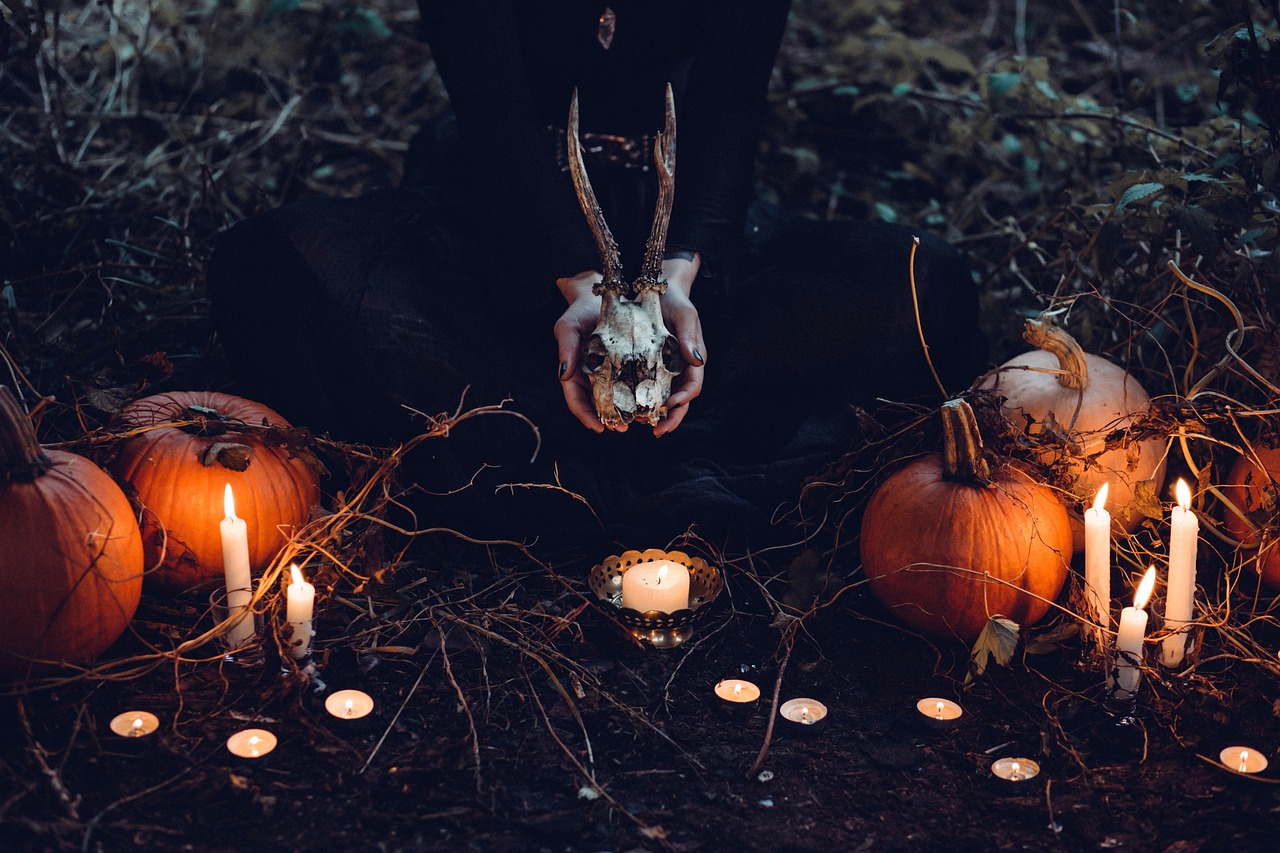
How the Occult Gave Birth to Science
By Dale Markowitz
The intersection of science and magic may sound strange today, but the two were deeply intertwined in the early days of discovery. Many scientific pioneers, including Isaac Newton, Robert Boyle, and Carl Linnaeus, were captivated by the occult. These thinkers didn’t separate the mystical from the scientific; instead, they viewed them as complementary tools for unlocking nature’s secrets. The alchemical hunt for gold, astrology’s celestial predictions, and the belief in mythical creatures like mermaids drove these early innovators to question ancient texts and embrace experimentation. This blend of curiosity and belief laid the groundwork for modern scientific methods.
While today’s science has largely shed its mystical roots, the open-mindedness and willingness to challenge norms that characterized these early pioneers remain essential. From Newton’s alchemical experiments to Paracelsus burning outdated texts, the pursuit of knowledge often required venturing into the unknown—even the supernatural. Their curiosity reminds us that great discoveries often begin with an open mind and the courage to explore the seemingly impossible.
